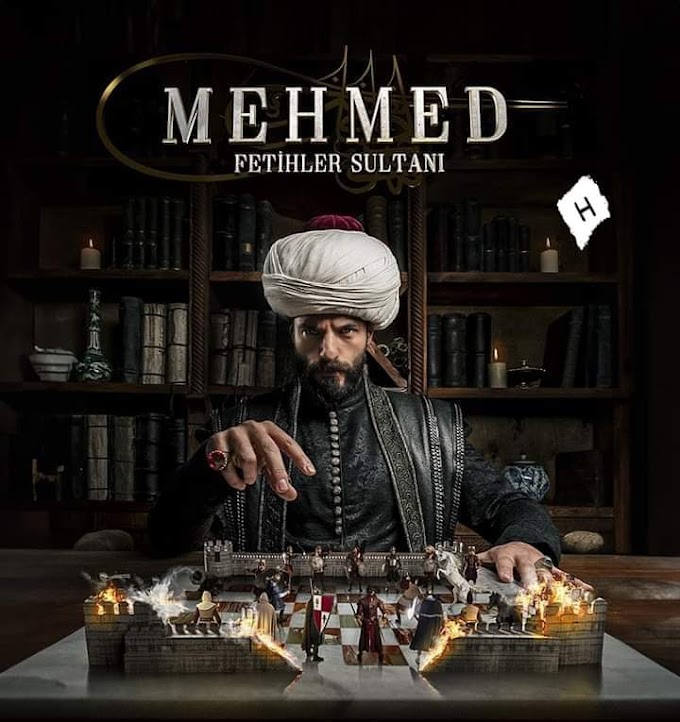Effective Relaxation Techniques To Cope With Stress
Regain peace of mind and be truly stress free with effective relaxation techniques like deep breathing, rhythmic relaxation, progressive muscle relaxation and guided imagery.
We talked about the importance of rest in coping with stress in our previous newsletter. Although the importance of rest in coping with stress is great, it is not always enough for everyone. Scientific research has also shown that some relaxation and relaxation techniques are very useful in coping with stress. It is possible to learn these techniques and apply the ones that are suitable for you when you feel stressed or at any time during the day.First, let's talk about some tips for relaxation. If conditions allow, find a quiet place where you know you will not be disturbed for about half an hour. You can also turn off the lights if you wish. You can choose to wear comfortable clothes. If there is uncontrollable noise, you can put a recording of music or natural sounds in the background. You can also turn off your phone and take some time for yourself. You can sit or lie down as you feel comfortable. Studies say that relaxing the body also relaxes the mind. If you can't help but focus on certain thoughts, focusing on your body will help.
If you have a physical feeling of tension or pain, you may first need to relax your mind. Although it is difficult to predict which relaxation technique will be beneficial for whom, it is best to try different techniques and find the one that works best. While you focus on your body and your thoughts, you can observe yourself and become more aware of your stressful thoughts and subsequent emotions. It will be helpful to begin this process by trying each relaxation technique and checking the difference it makes in your emotions, thoughts, and body. Let's talk about some common relaxation techniques. However, an important note: it may be good to do these techniques under the supervision of a specialist in this field first, both to see the correct use and to prevent possible negative consequences. For example; A mental health professional who is well-versed in the subject will guide you in the most correct way.
Muscle Relaxation
Progressive muscle relaxation involves first contracting and then relaxing different muscle groups in the body in a systematic way. It is an effective relaxation technique for concentration problems, uncontrollable thoughts, some other mental tensions and accompanying bodily tension. A regular practice increases awareness of the contractions and relaxations that occur in different parts of the body. This awareness also helps you recognize and eliminate the muscle tension that comes with stress. Relaxing your body will also relax your mind. Before doing this application, if you have had goose spasm and muscle problems in your past, it would be appropriate to consult your doctor before the application. Progressive muscle relaxation often requires creating a comfortable environment. Then it continues with breathing exercises. Abdominal breathing is always the recommended method. In the meantime, the person tries to realize what is happening in his feelings, thoughts and body. One by one, he first tightens some muscles and then relaxes them. For example; first, it contracts the muscles in the arm group and relaxes it with the breath. He repeats this several times. Afterwards, similar procedures are repeated for the feet, legs, abdomen, chest, neck and face areas; that is, the muscles are contracted first and then relaxed with the breath. Then the whole body is relaxed by breathing.
However, it is important to be careful not to push too hard during contraction. Afterwards, similar procedures are repeated for the feet, legs, abdomen, chest, neck and face areas; that is, the muscles are contracted first and then relaxed with the breath. Then the whole body is relaxed by breathing. However, it is important to be careful not to push too hard during contraction. Afterwards, similar procedures are repeated for the feet, legs, abdomen, chest, neck and face areas; that is, the muscles are contracted first and then relaxed with the breath. Then the whole body is relaxed by breathing. However, it is important to be careful not to push too hard during contraction.
Deep Breath Meditation
The relaxation technique, which is done by taking deep breaths in a fully focused manner, is an effective application. This is a method that can be used anywhere and will help control your anxiety. Deep breathing is also often used in other stress coping techniques. The feature of deep breathing is to take a deep breath from the abdomen and allow fresh air to enter the body. When breathing from the abdomen, more oxygen is taken into the body than when breathing from the chest. This will also be effective in reducing your anxiety level. During the application, sitting comfortably with a straight back, placing one hand on your chest and one hand on your stomach is the most commonly used method in this procedure. Continue with a deep breath through the nose. While breathing, the hand on the abdomen will move, and your other hand will move less. The inhaled breath is exhaled slowly through the mouth. The person allows a little more relaxation with each breath. Thanks to deep breaths taken from the abdomen, the nervous system begins to relax.This technique is a very effective and simple method that can be applied to relax your body. It will also make you aware of what is going on in your body. At this point, instead of focusing on thoughts that are not helping you, focusing on neutral or comforting things helps to relax your mind. By keeping your breathing under control, you will see that you learn to focus your mind and relax your body over time. An important point, however, is that frequent repetitions of this exercise are necessary for lasting results.
Rhythmic Exercise
Physical exercise is one of the most effective methods of relaxation and relaxation, and coping with stress and anxiety. Activities such as walking, running and cycling are extremely relaxing. Focusing on your movements and breathing while doing these activities can prevent you from focusing on other thoughts. However, the right exercise for you depends on both your lifestyle and your health, so if you are not sure, you may need to decide with a healthcare professional. Making these exercises a part of your life and creating a program for it is important for continuity and motivation. It is possible to feel better with some exercises that you can do even at home.
Stress is essential for survival. However, when stress disrupts the balance of the nervous system and reaches disturbing dimensions, then it begins to negatively affect our quality of life. We cannot always eliminate stressors in our lives; but with this and similar relaxation techniques, we can provide both physical and mental relaxation.




















0 Comments